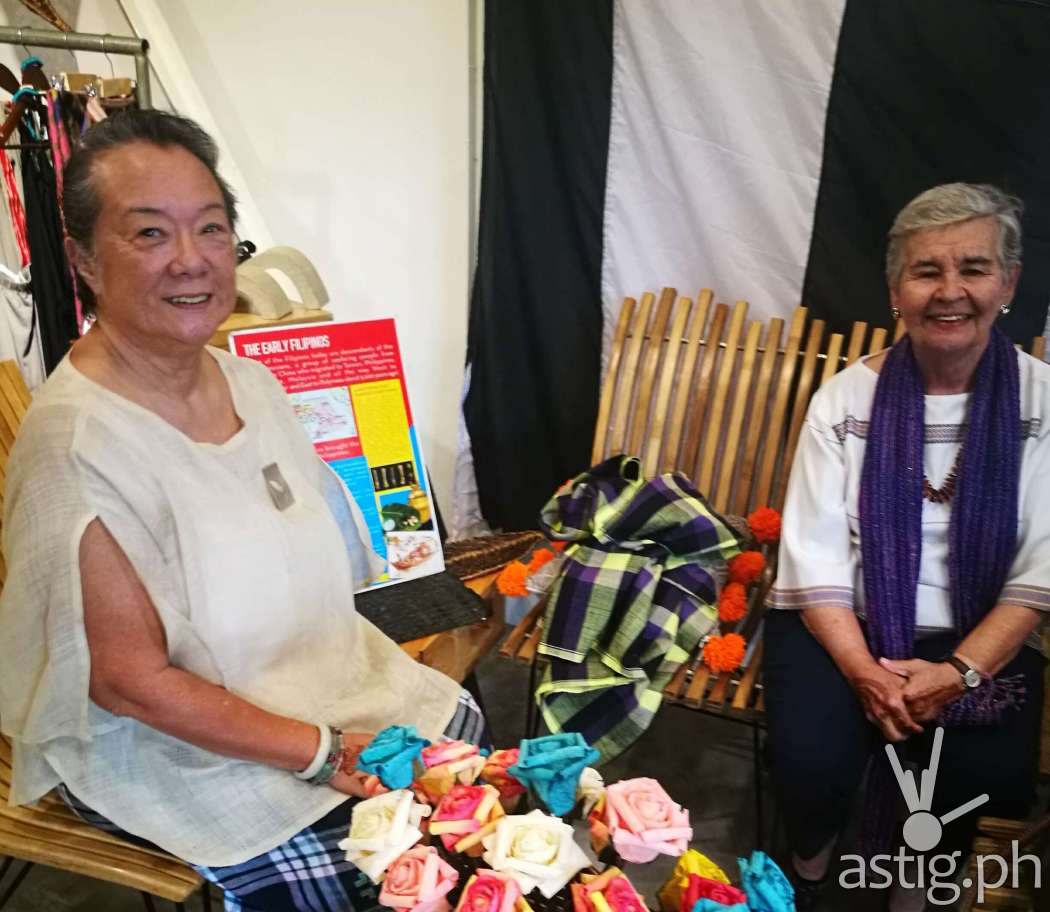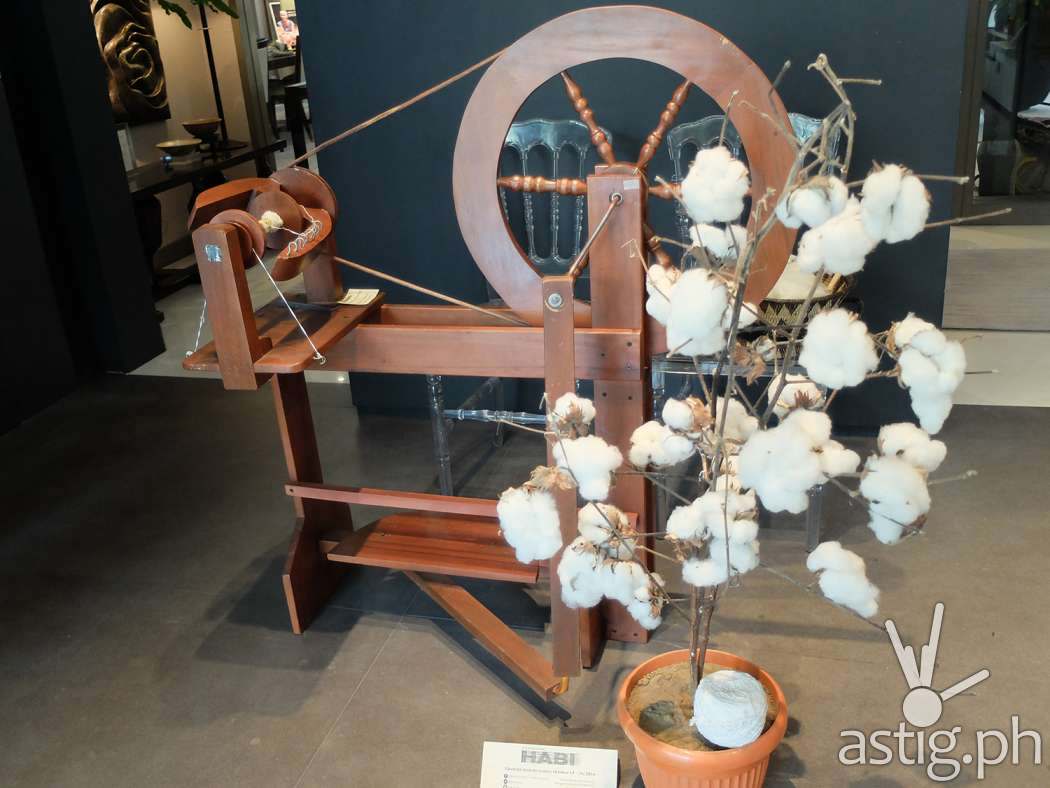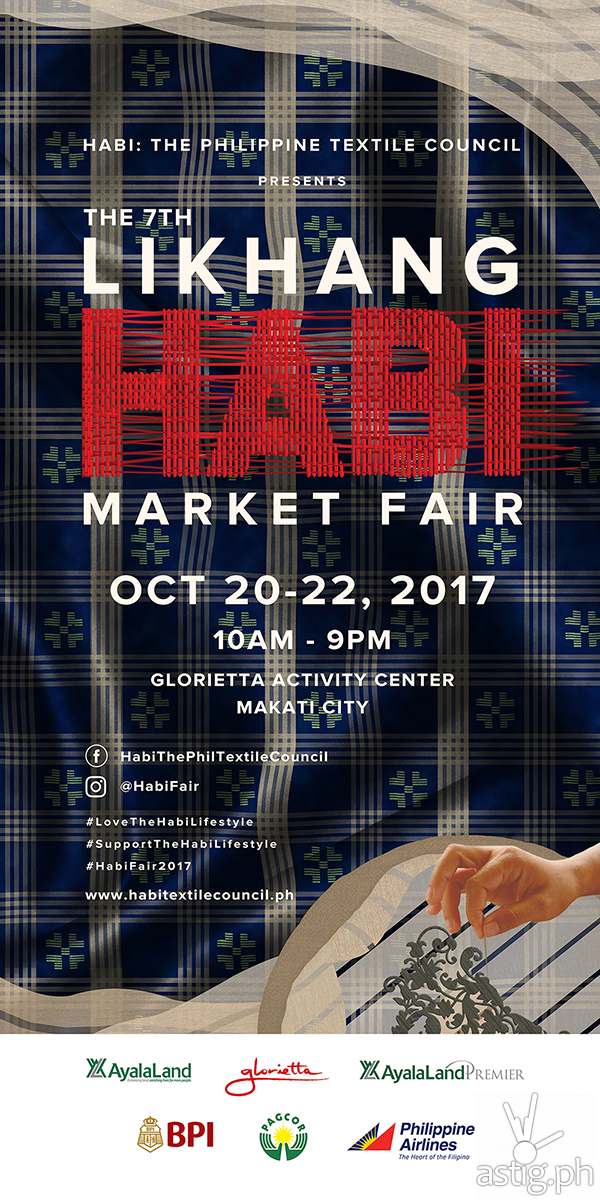Weaving our roots into today’s lifestyle
7th Likhang HABI Market Fair puts the spotlight on traditional Filipino weavers that keep indigenous textile industry alive. Driven by its genuine desire to promote the preservation and creative enhancement of the indigenous textile industry through entrepreneurship and synergy, HABI: The Philippine Textile Council celebrates the traditional Filipino who sustain the industry with the 7th Likhang HABI Market Fair.


Happening on October 20 to 22 at the Glorietta Activity Center in Makati City, the Likhang HABI Market Fair, the pioneer in market fair and advocacy for communities in the Filipino Artisan trade, will highlight some of the unsung heroes of the indigenous Filipino textile industry.
“This year, we want to pay homage to the very makers of the indigenous Filipino textile who are responsible for the development and growth of our locally woven products. With their innate creativity and love for the craft, they empower the local Filipino tradition, culture, and customs to thrive in the modern market,” said HABI Chair Maribel Ongpin.
Traditional weavers on spotlight
Among the master weavers that will participate in this year’s fair is Raquel Eliserio of Kalibo, Aklan. Raquel, who works with pineapple, silk, and natural dyes, primarily produces high-quality piña-seda textiles. Raquel’s Piña Cloth in Balete, Aklan is in the advocacy of reviving the handwoven culture through school youth and self-earning individuals from communities in the province.
In 2016, the highest-seller in the fair was the Kalinga Weaving enterprise founded by Irene Bawer-Bimuyag. Since joining the bazaar in 2013, the pieces of Kalinga Weaving eventually progressed from small scale to sophisticated elegance.
This year, with hopes of replicating the success of Kalinga Weaving, HABI has teamed up with Marlon Martin and his Ifugao heritage school to produce high-quality, pure cotton textiles with Ifugao ancient symbols. Their works will be featured at the fair together with products from many more community groups.
Hablon and patadyong in the Philippine modern lifestyle
The Likhang HABI Market Fair 2017 is also looking to increase and nurture awareness on the traditional hablon and patadyong through a fashion show on opening night.
Hablon, which means weaving or woven in Ilonggo, refers to textiles in piña and other gossamer fibers. Patadyong, on the other hand, is the typical tubular skirt of checkered patterns commonly worn all over Southeast Asia.
Through the market fair, HABI aims to show the modern Filipino consumers how to incorporate hablon and patadyong in their current lifestyles.
A learning opportunity for weavers, consumers, and traders
Likhang HABI Market Fair 2017 will also conduct a series of lectures that will help local and global consumers understand the importance of supporting the revival of the local weaving industry.
“More than presenting our unique and varied indigenous fabrics, we also aim to educate the public on the importance of supporting our traditional textile industry,” said HABI President Adelaida Lim. “We hope to prove to our fellow Filipinos and the global community that indigenous textiles fit very well with the modern lifestyle,” Lim added.
In this year’s HABI Market Fair, designer and Queen of Knitwear Lulu Tan-Gan will impart some notes on fashion for traditional weavers. Recently, Lulu introduced the continuation of her design evolution with an extended hand–woven line called “Indigenous Couture,” merging the old-world sophistication of Philippine artisan craft with contemporary design.
The fair will also feature a talk on cultural appropriation by Marlon Martin of Save The Ifugao Rice Terraces Movement.
Furthermore, in keeping with HABI’s long-term commitment and advocacy of reviving the use of pure cotton, there will also be a lecture on cultivating and growing cotton, a fiber that is endemic in the Philippines and is an very much part of the native Filipino rituals and lore, and indigenous culture.
Since 2009, HABI has been providing the weavers and vendors an avenue to further enhance their skills in creative design and modern marketing by exchanging ideas with consumers, designers, and traders.
“The Likhang HABI market experience allows weavers and designers to innovate and to level up to modern trends. Through this, we hope that the Philippine indigenous fabrics industry will get the revival it deserves,” Ongpin explained.
For more information about the fair, please visit www.habitextilecouncil.ph or follow www.facebook.com/HabiThePhilTextileCouncil and Instagram @habifair.


